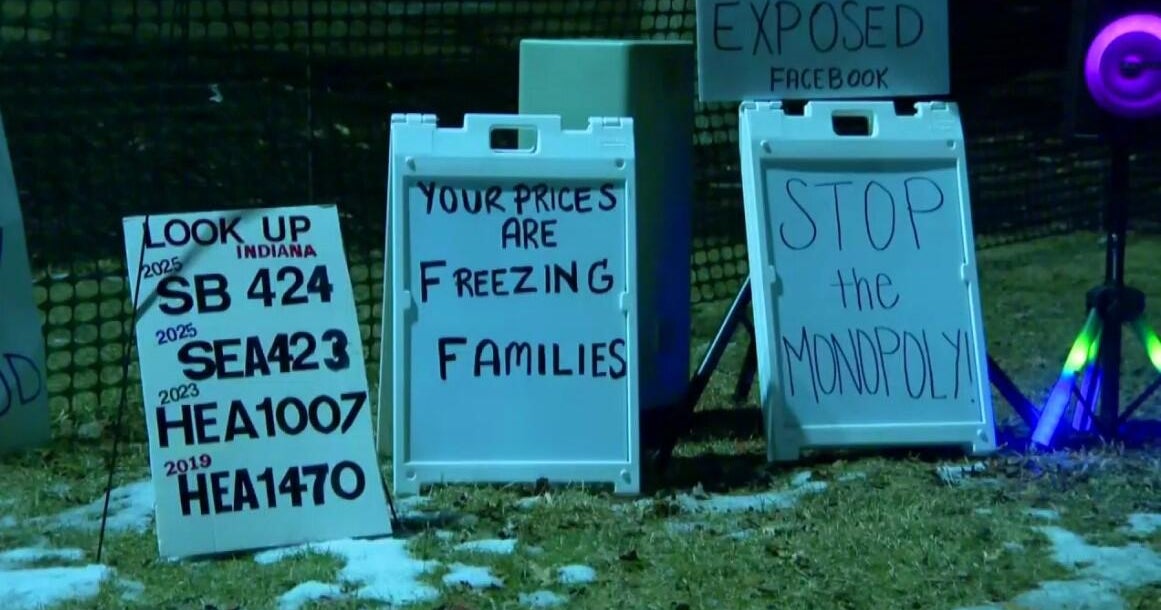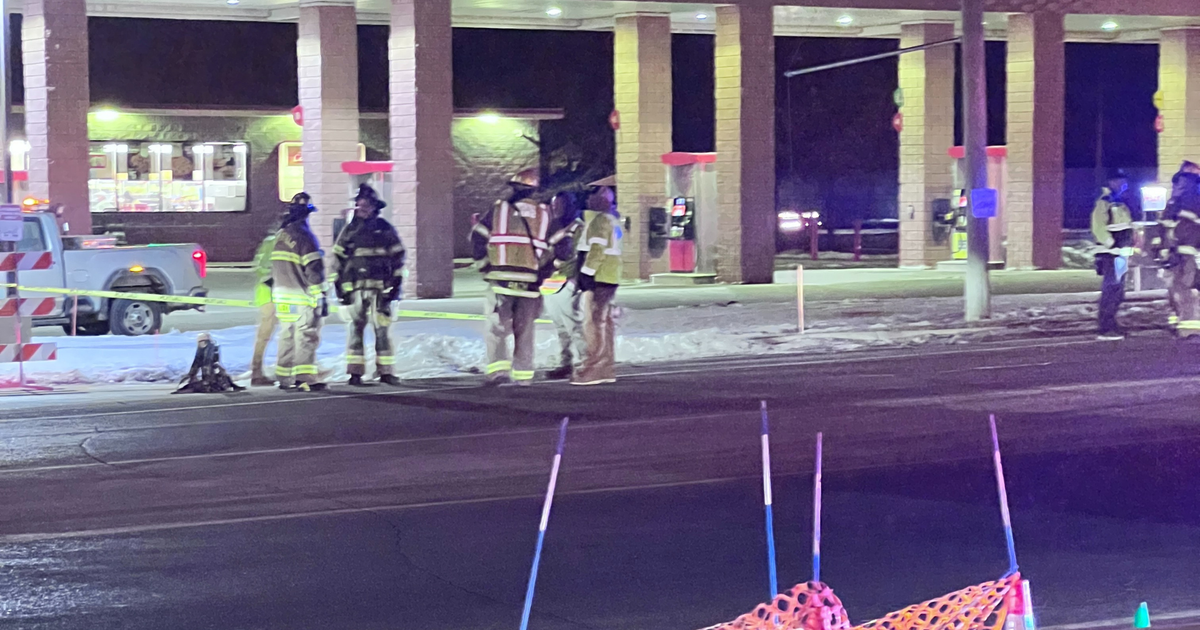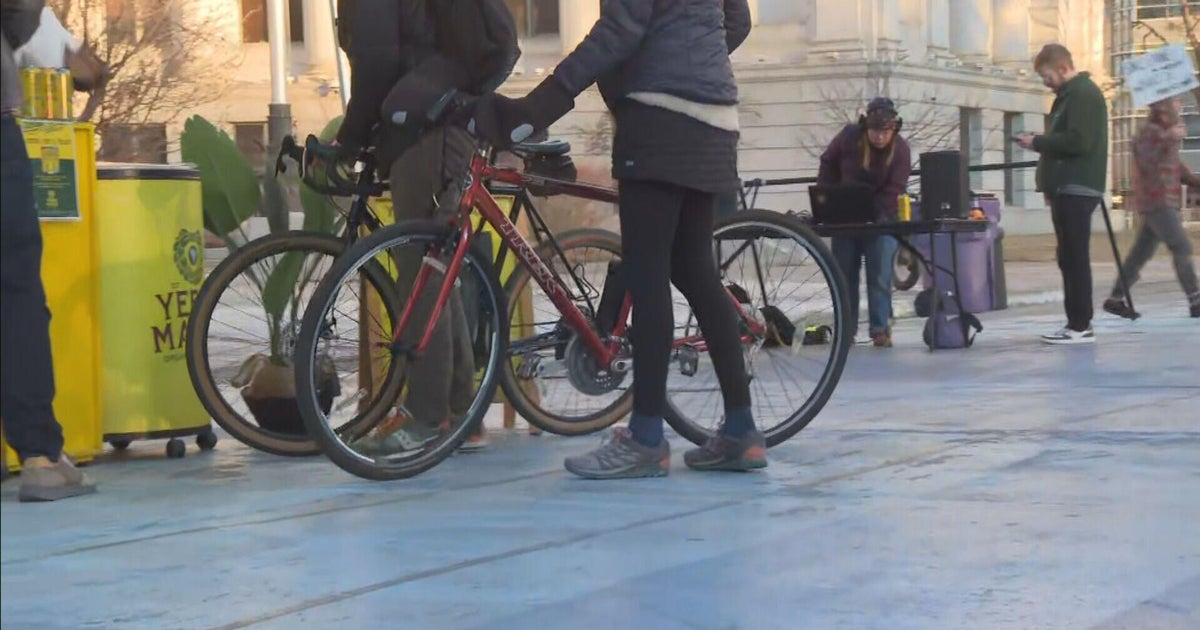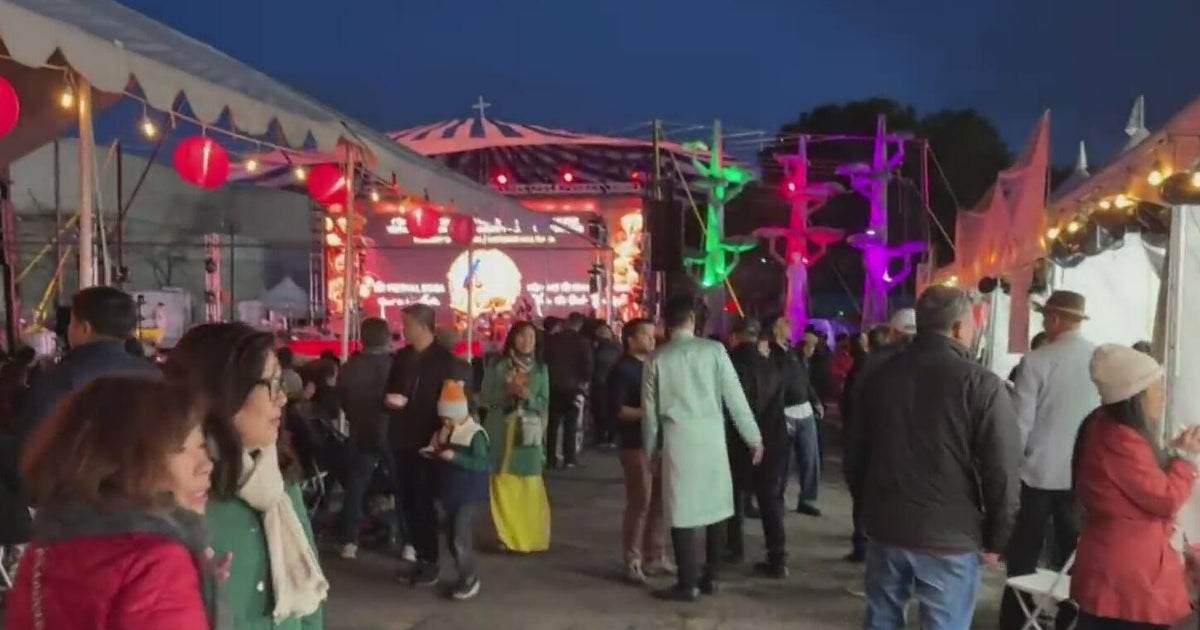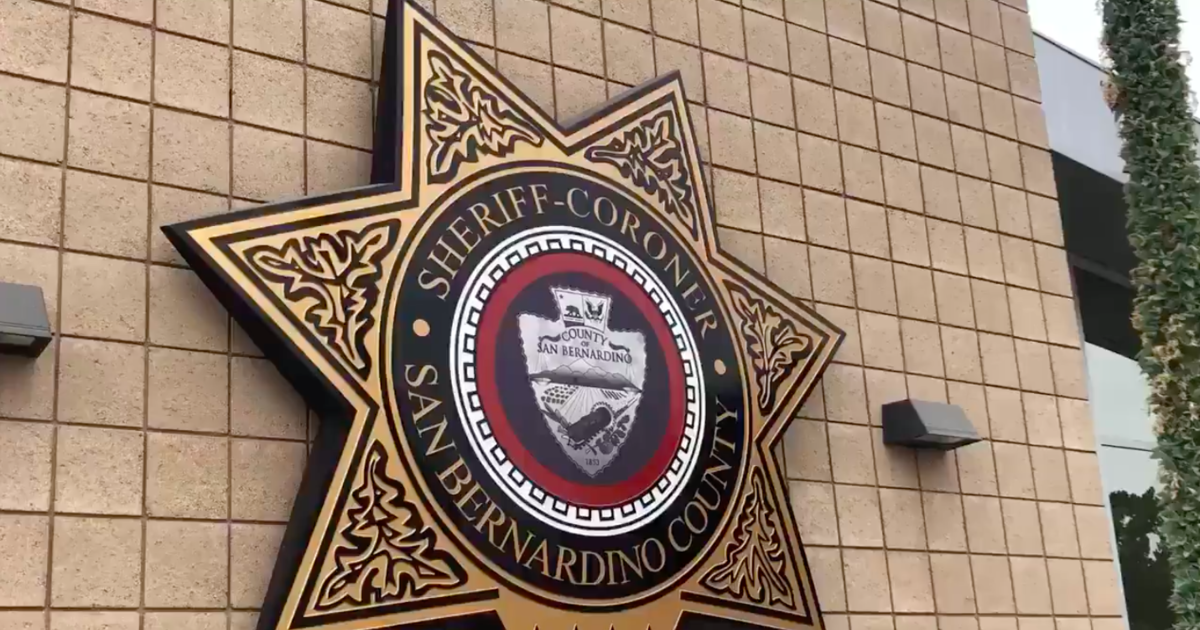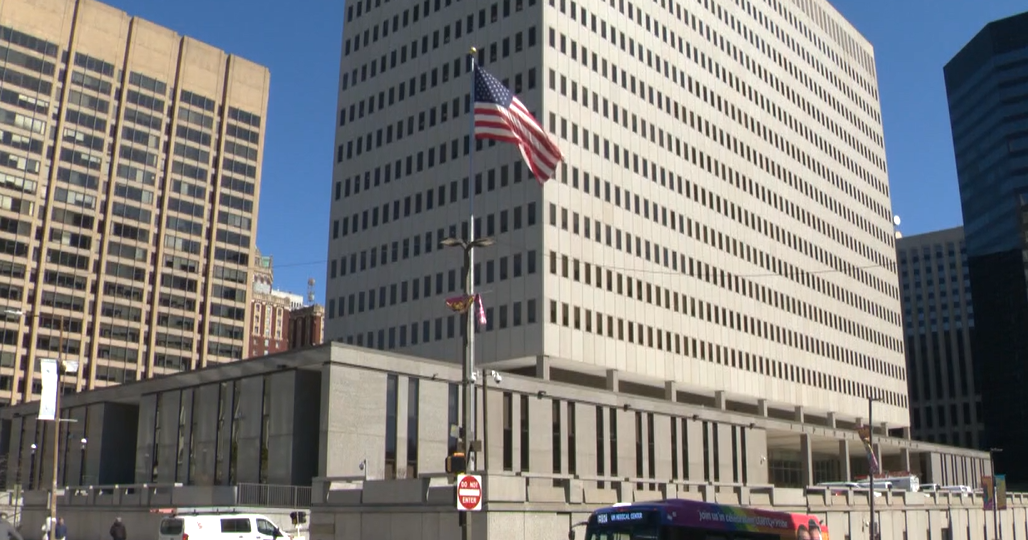State lawmakers struggle to offset gas price increase
SAN FRANCISCO (KPIX) -- Drivers say they can only cut down on their car use so much to fight the rising cost of gas in the Bay Area ahead of the holiday weekend. Lawmakers met on Thursday to study the issue and experts warned it may not be easy to identify the major contributors to the fuel price increase.
"It's really tough, especially for me, I'm traveling from the East Bay all the way here to San Francisco," said Josh Hernandez, a Pinole resident who works in the city. "It's crazy right now, $7.19, my price, I can't do it."
Some residents say they have conserved fuel ahead of the Fourth of July but worry that short-term solutions like stopping the gas tax increase or offering relief payments will not make up the difference.
"It's terrible. Actually, you try to not drive as much, you try to walk when you can because gas prices are crazy," said Wendy Miles, a San Francisco resident. "We're out and about today but we haven't been driving for the past two days because it's so expensive."
The California State Assembly Select Committee on Gasoline Supply & Pricing had its first meeting Thursday to discuss what can be done about gas prices rising $2 in just a few months. They said temporary fixes would not be enough to help consumers.
"That has left many Californians saying the gas prices are too damn high," said Assemblymember Jacqui Irwin, a Democrat from Thousand Oaks who is also the committee chair.
Professor Severin Borenstein from the Energy Institute at UC Berkeley's Haas School of Business testified before the committee. He said current prices for gasoline are among the highest in around 20 years. He also identified other factors that aren't unique to this current increase, including the cost to do business in California.
"If we had a crystal ball, we might be able to push it down a bit but I think that route is so fraught, the potential costs are much greater than the benefits," he told the committee.
He explained that there is an added cost because of the relative supply of fuel available but he doesn't know how much can fairly be put on the consumer. He did say that any proposed regulation in price would also need to address supply.
"Where is the solution? You know, what are we going to do about it? Who's making the decision so we can bring the prices down?" Miles said. "It helps but it doesn't solve the problem. Eventually that's going to be used up and then you're back to high prices again."
Those filling up at the pump agree that a rebate check will not help them for long and so lawmakers need to investigate what can be done beyond this summer.
Borenstein said lawmakers need to identify what regulations and restrictions are causing the increase and then address those with new policy. He said those most impacted by gas prices are low-income families that are also hurt by the cost of utilities and rent.
